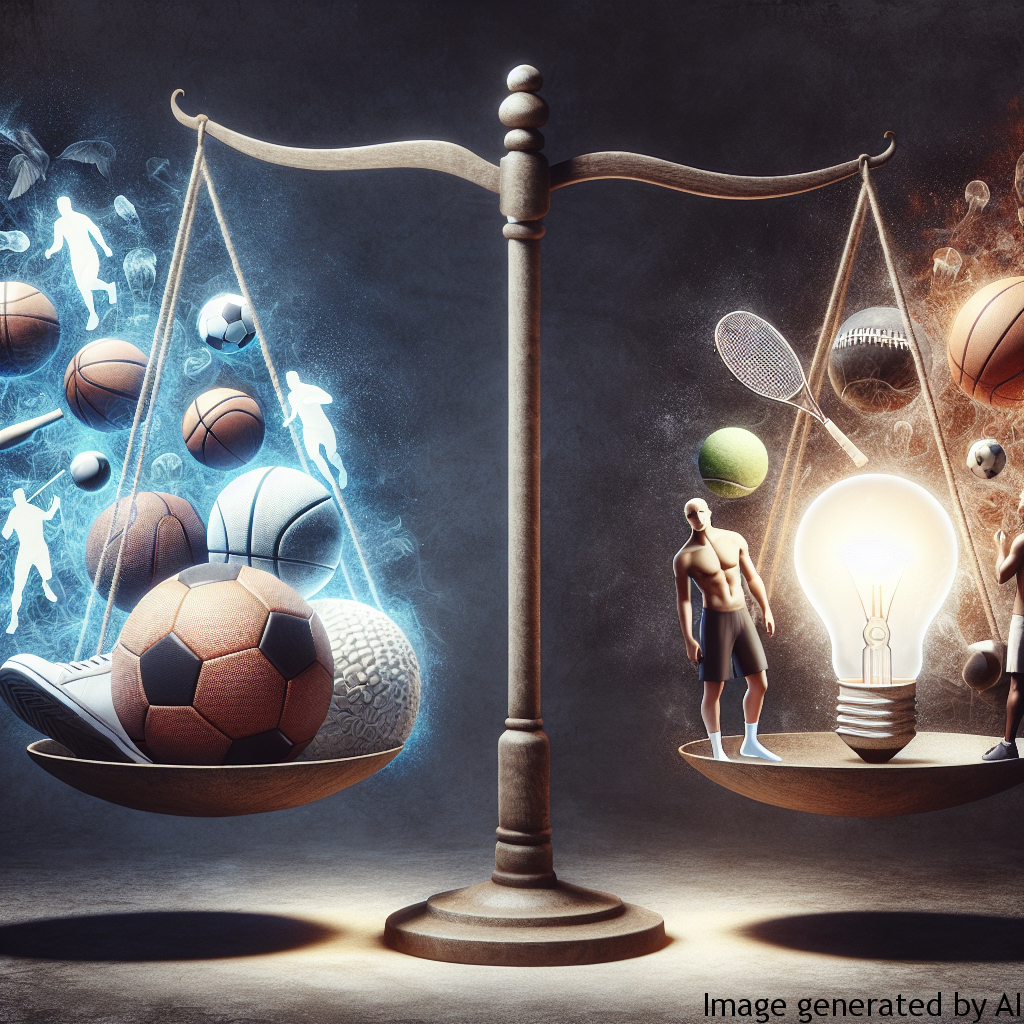Introduction
Men’s mental health is a critical area that often goes unaddressed due to the societal norms and gender expectations. Among the many interventions and activities that have been shown to have a positive effect on mental health, sports stand prominent. Playing sports can impact positively on men’s mental health, just as any physical activity can boost general wellbeing. However, the relationship between sports, gender roles, and mental health is quite intricate.
Gender Expectations and Their Impact on Men’s Mental Health
Men are often expected to be stoic, self-reliant, and physically robust. They are groomed to suppress emotional vulnerability and should strive to be the protector and provider. Such stereotypical expectations can put undue pressure on men, leading to elevated stress levels, anxiety disorders, depression, and numerous other mental health issues.
The Role of Sports
Sports act as a attainable outlet for stress, providing the means for men to manage their physical and mental health positively. It generates a feeling of belonging, purpose, and identity, which can ward off feelings of isolation and loneliness. However, it is essential that men participate in sports for the right reasons – for enjoyment and wellbeing, not solely to uphold societal perceptions of masculinity.
Examples of How Gender Roles May Impact Men’s Lives
One clear example can be the societal expectation that ‘real men’ play and excel in sports. This leads to an unwritten pressure for boys and men to involve in sports, even if they don’t naturally enjoy it. They may over-exert themselves physically and emotionally in sports to ‘fit in,’ possibly leading to injuries, burnout, and added mental stress.
Furthermore, allowing winning to define self-worth, due to the competitive nature associated with masculinity, may lead to harmful impacts on mental health, particularly if efforts do not yield the desired results. The societal belief that playing sports equates to masculinity can also marginalize those who are uninterested or unskilled in sports, leading to feelings of exclusion and inadequacy.
Tips for Improving Mental Health While Navigating Gender Roles
It is crucial to normalize the fact that it’s OK for men to enjoy sports for fun and not solely for competition. Likewise, it is equally OK for men not to be interested in sports at all. Emphasizing participation over winning, acknowledging efforts over results, and promoting a diversity of interests beyond sports can contribute to better mental health among men.
Talking about mental health should be encouraged within sports settings to break the stigma around it. Providing access to mental health resources and promoting their use, especially among sports teams, can be beneficial. It is also crucial to offer education about the signs of mental health issues and provide understanding of the importance of seeking help when needed.
Conclusion
Sports can play a significant role in promoting mental health amongst men. However, society must accommodate and respect men’s diverse interests and give them the freedom to choose, engage, or disengage in sports according to their personal preference and comfort. By valuing men beyond societal expectations, we can foster an environment that supports and promotes men’s mental health.

